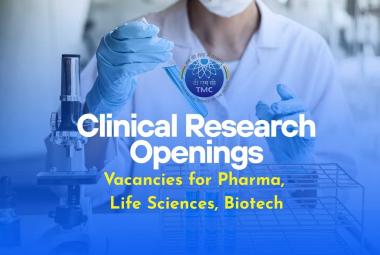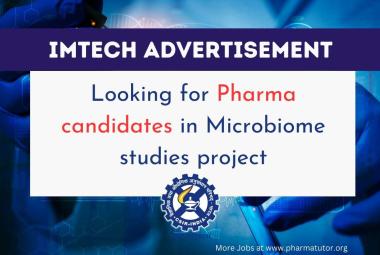Damo Academy, a research institute of Alibaba has developed a new, Artificial Intelligence (AI) driven diagnosis system that can detect COVID-19 infections with an accuracy of up to 96% reported by Sina Tech News. AI driven tool also uses computerized tomography (CT) scans of patients to form a diagnostic, but it is faster and more reliable than human doctors at diagnosis.
The tool has already been introduced in the Qiboshan Hospital in Zhengzhou, Henan province and plans are underway to expand it to a further 100 hospitals.
Researchers at Damo Academy told Sina Tech News that the AI tool can distinguish between patients infected with the COVID-19 coronavirus and ordinary viral pneumonia (the two have similar symptoms) with up to 96% accuracy by looking at a patient’s CT scan.
Researchers trained AI system using data from more than 5,000 confirmed COVID-19 cases which includes the latest treatment guidelines and published research on the virus and takes only 20 seconds to issue a diagnosis report. Where as, a human doctor can take between 5 and 15 minutes for same.
The Qiboshan Hospital was built specifically to tackle cases of COVID-19. The hospital already has automated helpers on hand, such as robots that carry medicine for the staff and gadgets which monitor patients’ temperature around the clock. Alibaba says they’re working on introducing it to another 100 healthcare facilities in the provinces of Hubei, Guangdong, and Anhui.
It’s meant to free up medical personnel for other tasks by taking over the simple yet time-consuming task of establishing a diagnosis. CT scans were added as a criterion for the diagnosis of new COVID-19 cases early in February by the Chinese National Health Commission (in addition to the previous nucleic acid test method) in an effort to speed up the process and ensure patients would get treatment as soon as possible. While definitely faster than the alternative, it’s still a very time-consuming task: the CT scans of a single patient can include more than 300 images.













